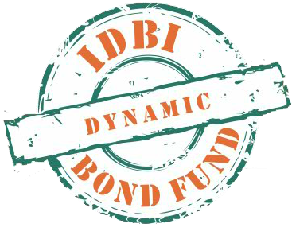In this article, we will cover details of Grey Market Premium for the MCX IPO. Please note that these details are as available from the various news items through print and TV media business news channels and is not a verified or confirmed information. MCX IPO is much awaited IPO by many investors as it is one of the first stock exchanges to list its shares for trading. Usually, exchanges earn their income from the transactional fees, subscription fees, licence fee for index, etc. and considered to be safe. However, no returns are guaranteed - it all depends upon the time and randomness and investors need to keep the risks in mind.
 Image sourced from official MCX Exchange website
Image sourced from official MCX Exchange websiteNow, coming back to the Grey Market Premium Prices for the MCX IPO:
Grey Market Premium Prices for MCX IPO
As reported by a leading business news channel, the MCX IPO has once again opened the Grey market Trading in the Indian Stock market business. Although it is not known to be legal, but this business continues. As per the news available, the MCX IPO is currently trading at a premium in the range of Rs. 270 to Rs. 320 per share.
Now this IPO premium is really high as compared to the price band of the MCX Rs. 860 to Rs. 1032. Even at the higher end of the price band of Rs. 1032, the Grey market premium of average Rs. 300 means a 30%.
Market reports say that this grey market premium will increase further as the IPO opens for subscription and listing day approaches.
What does this Grey market price premium for MCX IPO mean?
The grey market involves unofficial buying and selling of shares a few days before the actual listing of the IPO on the stock exchanges. Since this activity starts few days before the actual listing of the shares, the extra premium is considered to be profitable to the traders. However, once the stocks list, the premium gradually or rapidly disappears, as the case may be depending upon the market perception of the stock valuation.
Is the return guaranteed if an upcoming IPO is having a grey market premium like that reported for MCX IPO
NO- nothing is guaranteed. Just because some upcoming IPO is quoted to be trading at a premium in the grey market, it does not mean that it will definitely be profitable to the investors. Remember the fate of Anil Ambani's ADAG group's Reliance Power IPO: What went wrong? - that was also trading at a big premium in grey market, but things went wrong on the listing day itself. Check the above article for more details.
What is the final opinion about investing in MCX IPO?
Irrespective of whatever is going on in the so called grey market, stock exchanges investments in form of buying its listed shares is good in the long run.
As listed in detail in our review of MCX IPO article MCX IPO: Review Analysis & Details of Multi Commodity Exchange (MCX) IPO, this IPO will be a good bet for long term hold. See the above article for more details.

